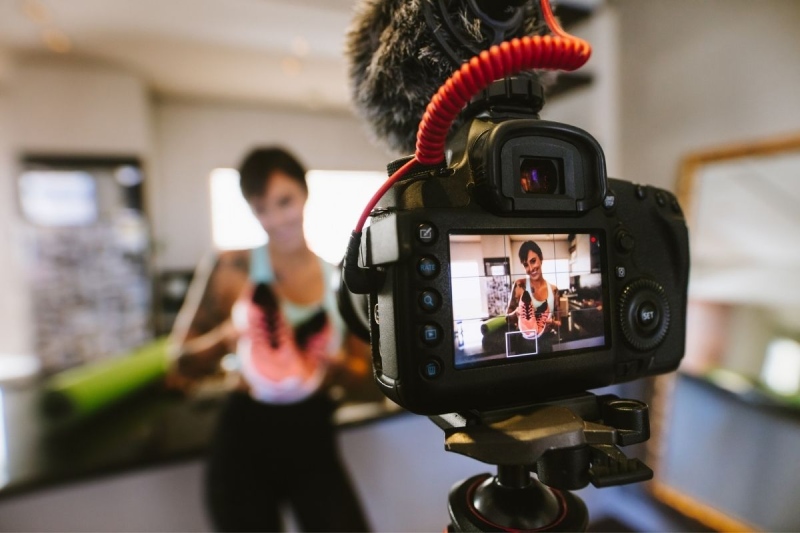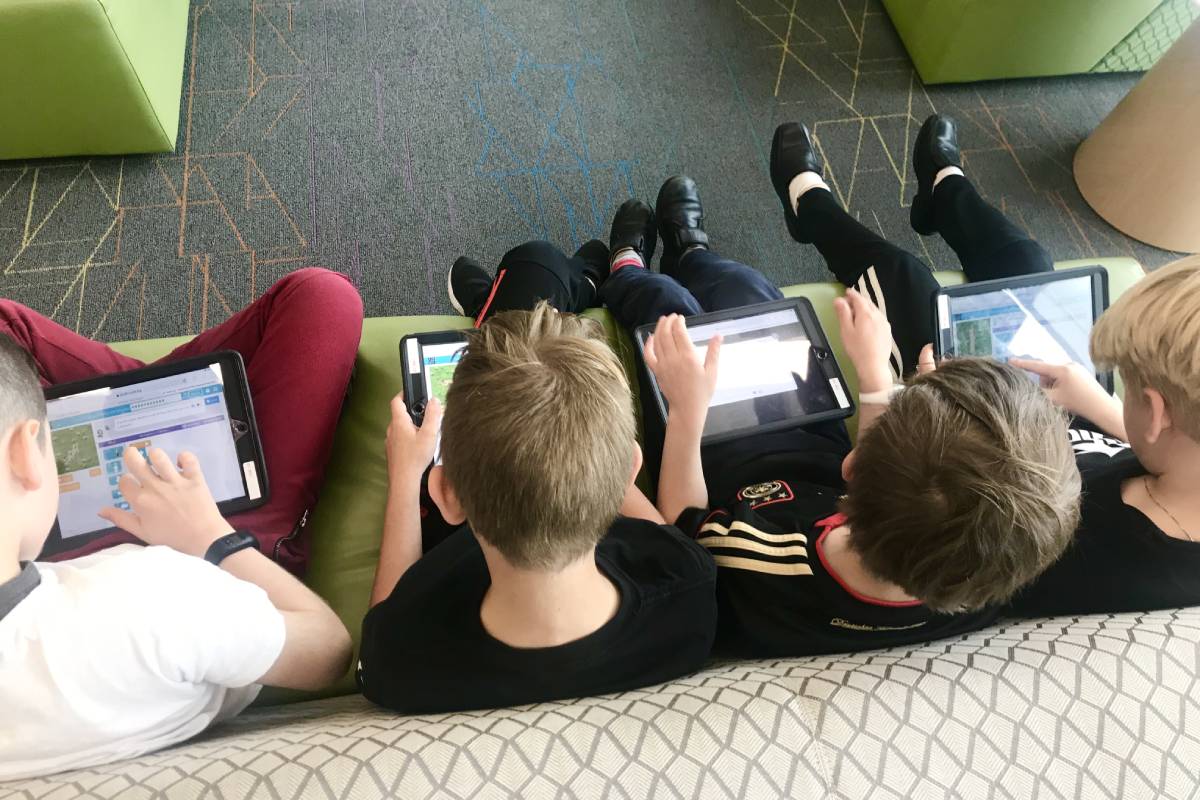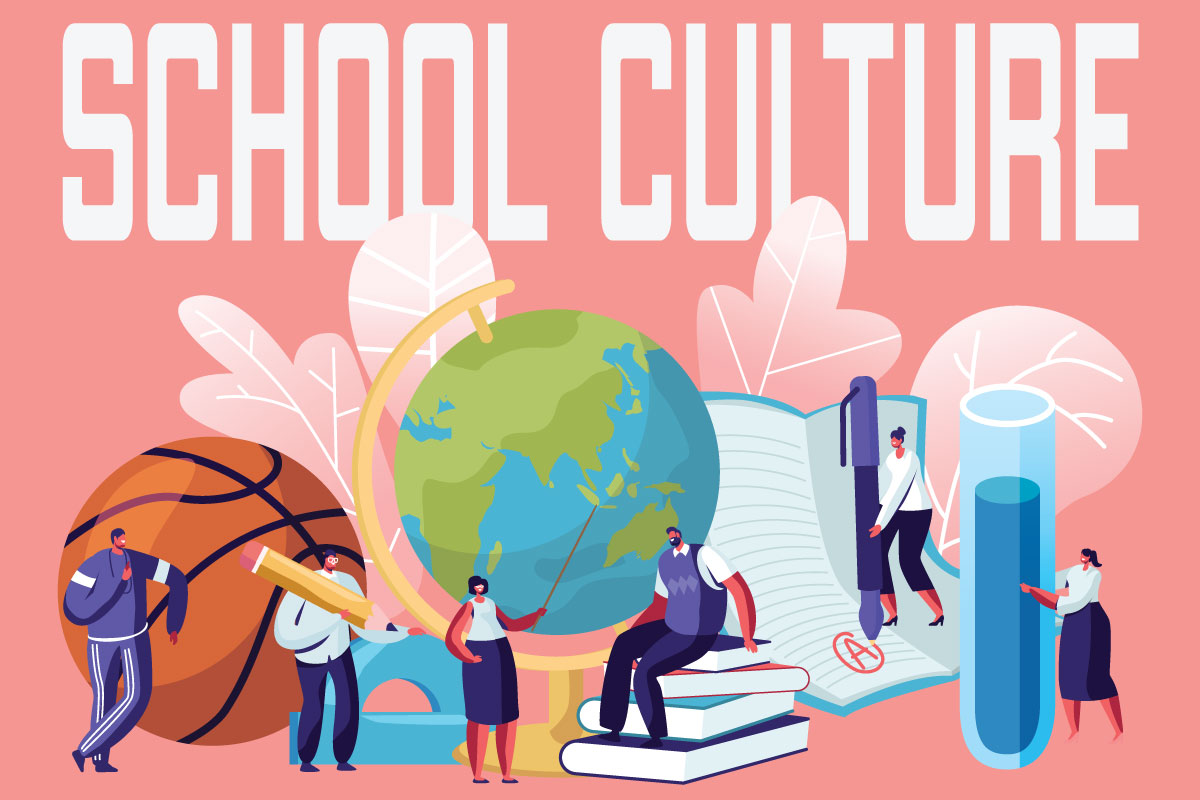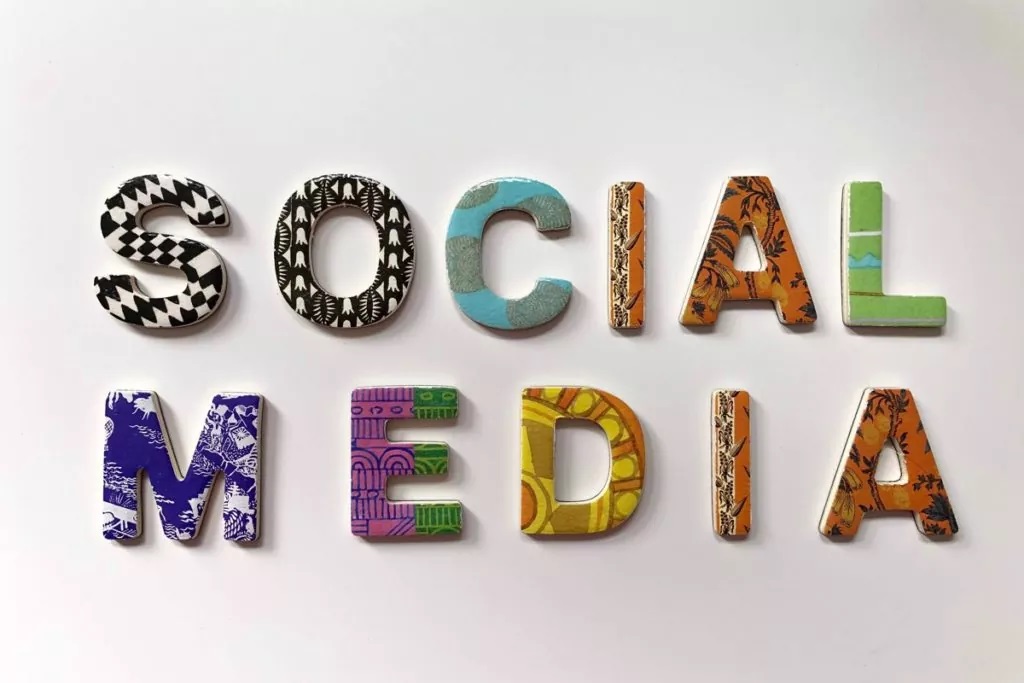Another Strategy For Teaching Relationship Skills in Your Classroom

Middle and high school classrooms are often bursting with obsessive relationships. One relationship worth attention is the celebrity crush. We know fandom crushes are a rite of passage for tweens and teens. We also know that relationship skills factor into these crushes like any other social association. They can be a major influence on a student’s behavior.
Any time spent teaching relationship skills has a direct benefit to your classroom. Interpersonal skills are used every day of their lives. Better understanding of themselves and others increases their self-confidence and provides the tools for positive interactions and is an important part of their social development. This can have a positive impact on the classroom atmosphere. Using Fandom is one more platform for developing social skills lessons.
Celebrity crushes or para-social relationships have been around for decades. Social media allows for deeper and constant access. Research into para-social relationships is an emerging area of study. We do know that the same social skill set applies.
What can an educator do to help the students understand the world of celebrity crushes and influencers? Use it as the basis for social skills lessons in the classroom. This topic is relevant to their lives and thus the educator should have a captive audience.
Establish that any discussion is not a judgment lesson but that it is a way to help them navigate the emotional impact of these crushes.
You can begin by considering some of the knowns of the fandom world.

There are many positive aspects to fandom. Here are just a few points to consider in your discussions. They feel a sense of acceptance in their celebrity world. They find like-minded others in this world. Often the tween or teen can relate to their celebrity’s personal struggles. These are all aspects of positive relationships, whether celebrity or real-life.
These relationships can feel as intense as real life. Although they do not know these people, they feel like they do. This provides the opportunity for a lesson on fantasy in relationships.
They may feel the celebrity understands them. Pose the question why they feel that way. This could prompt a lesson in the universality of growing up. There are many common characteristics in the adolescent emotional growth stages. What they may not realize is that tweens and teens everywhere experience very similar feelings and pressures.
They can become romantically connected to their celebrity crush which can foster even greater obsessive feelings. These romantic feelings provide a nonthreatening intimacy that is safe for a tween or teen because it is one-sided. There is less risk. However, it can become all-consuming. This provides another opportunity to discuss the negative effects of a one-sided relationship. Obsession happens in real life relationships too.
Another area of classroom discussion is the monetary benefit your students pose to the celebrity or influencer. Explain that for influencers, each follower is a commodity. Exploitation is another aspect of the one-sided relationship. Influencers provide their own brand of inspiration or goods and get well paid to do so. This is a good place to discuss the financial gains of celebrity merchandise. Celebrity brands can reap great dividends.

Look at the qualities of the individual. Do they align with their values? If they do not align then why is that OK? What do they know about these influencers’ lives? Is it realistic? What is just a show? Are they a role model? Do they promote elements of good character, sincerity, compassion, empathy and kindness? Why should this be important? How much of their behavior is attention-seeking? Point out that some of the crush’s characteristics may be for show. This is one more way to approach a lesson about separating fact from fantasy.
You can spend time specifically discussing influencers. What is their motivation? Use some of their videos in class as a lesson. Discuss the point that influencers rely on emotion to drive their followers. They are skilled at making their audience care about them. It is a powerful tool. This is another way to help your students separate fact from fantasy and emotion from manipulation.
Manipulation is a major factor in negative relationships of any kind. It does not just happen in celebrity worship. Vulnerability is part of those tween and teen years which leaves them open to manipulation in relationships. To feel accepted and to have a sense of belonging are strong motivators in the adolescent world. Understanding the elements of manipulation is a key piece of knowledge for healthy relationships.
Your goal as an educator in these discussions is to help your students gain a more realistic perspective of these fandom relationships. The goal is not to judge but to expand their knowledge and understanding of the world they inhabit. Critical thinking skills apply here as well as in any other classroom lesson. Your students are learning that robust relationship skills have a broad application in life.
This article is available and can be accessed in Spanish here.









